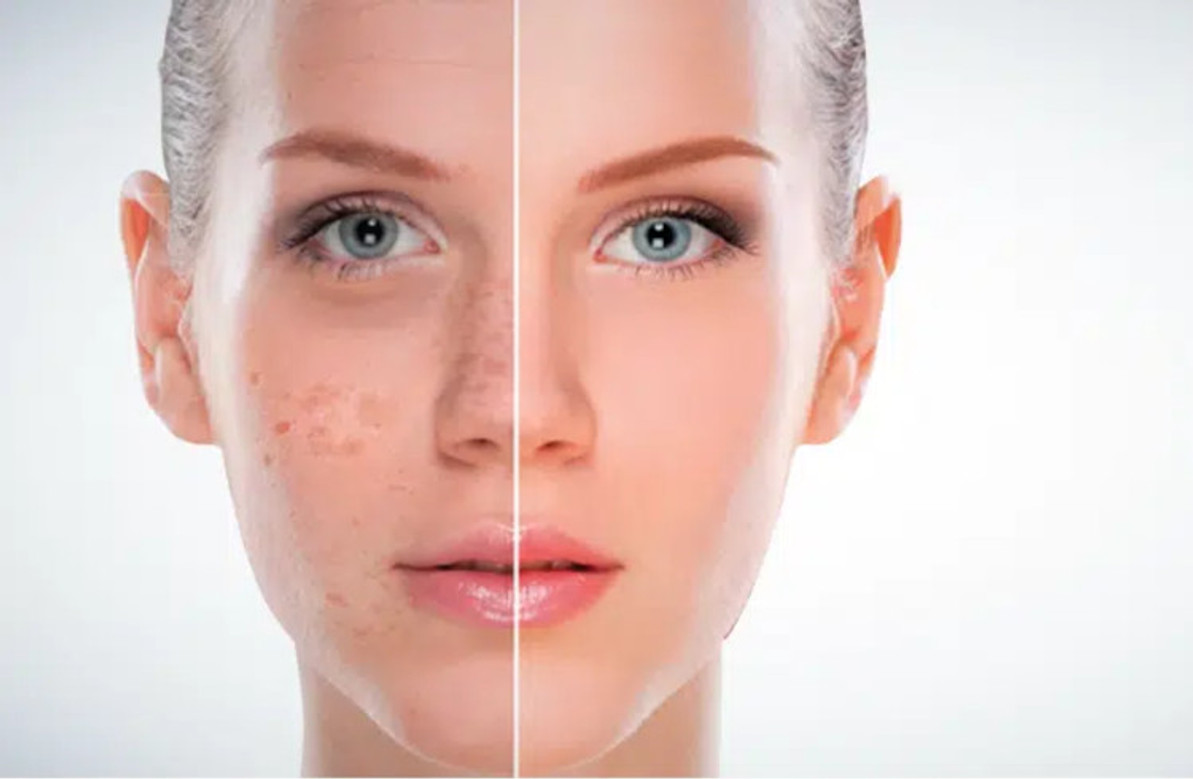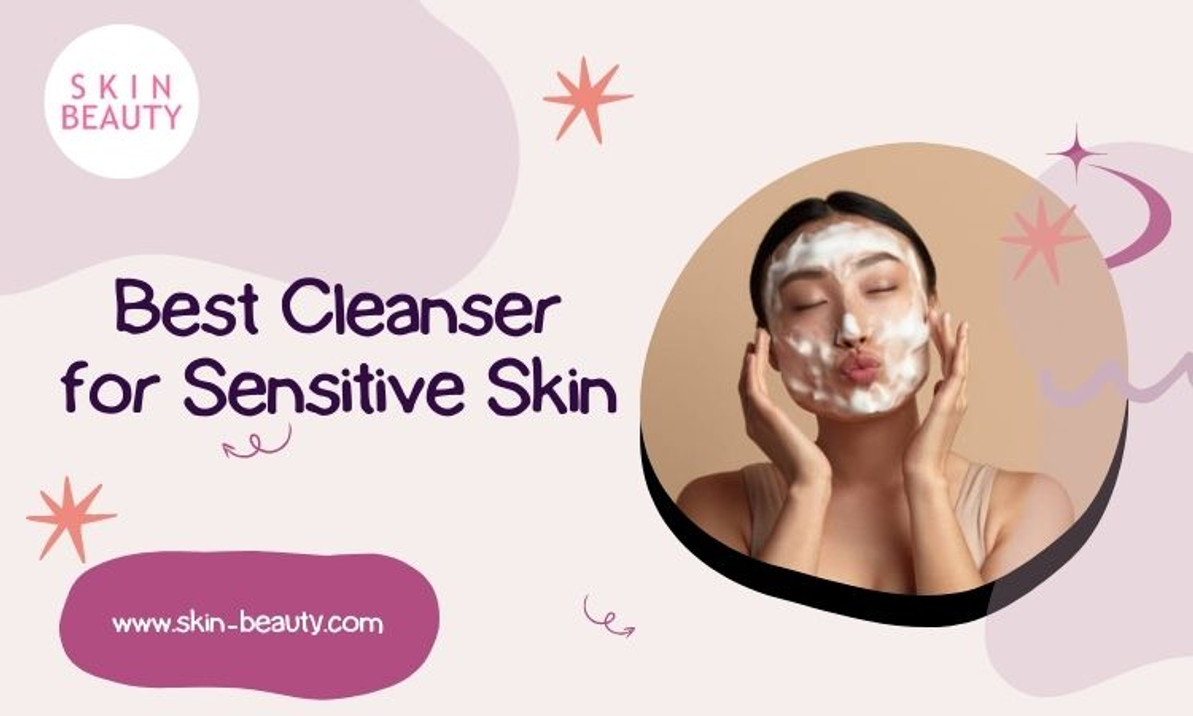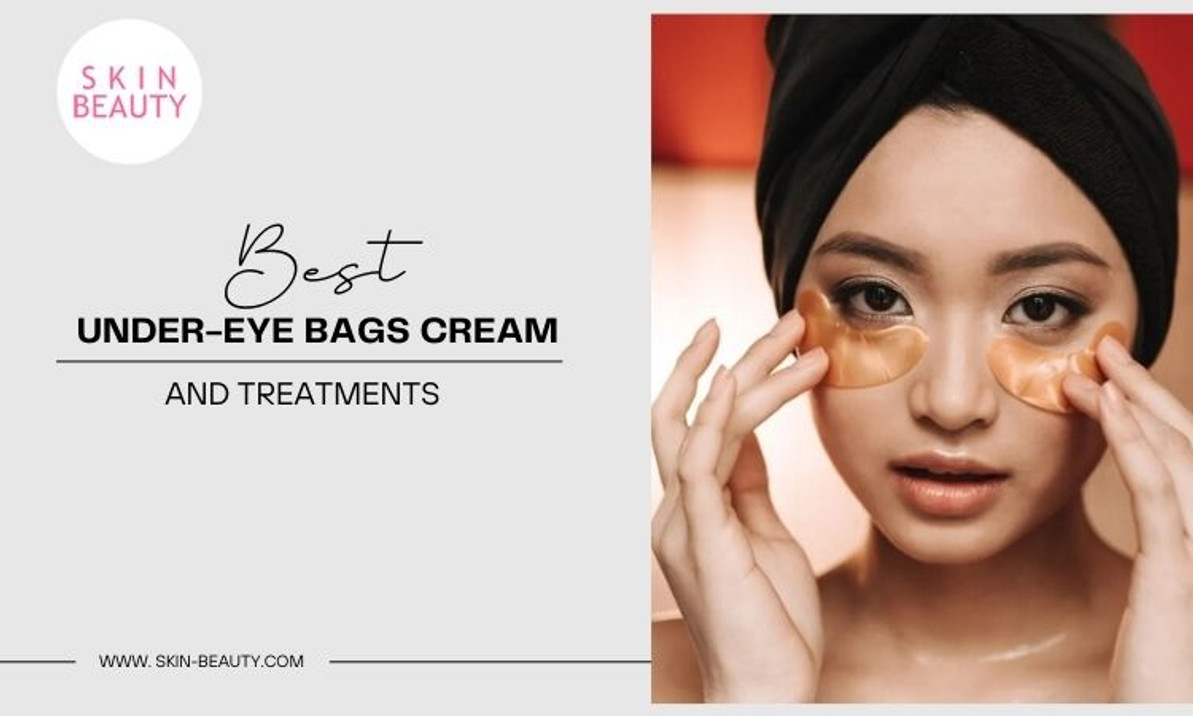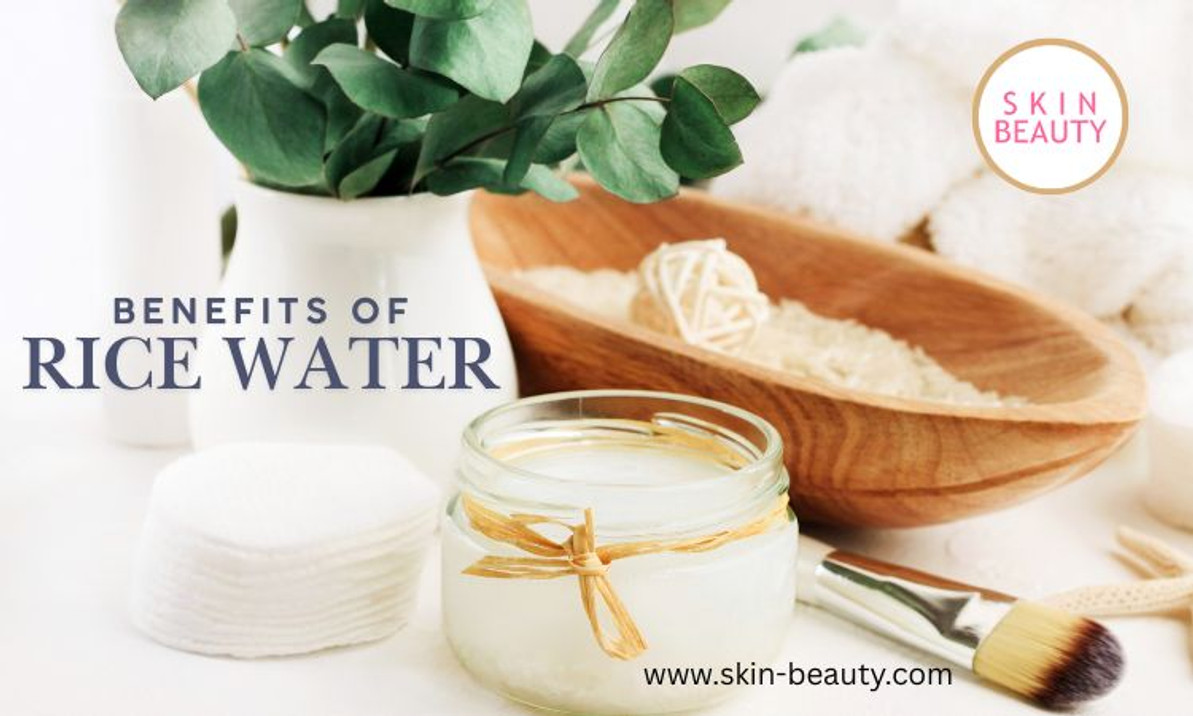How to Treat Dark Spots on Your Face
Having a flawless complexion is a dream for those that were born with freckles or have developed dark spots over time. Hyperpigmentation can really affect a person’s confidence. Correcting hyperpigmentation isn’t a simple solution that works for everyone. This article will go over possible treatments that may help even out skin tone and hopefully boosts someone’s confidence in the process.
Table of Contents
- 1. Unmask the Causes of Dark Spots
- 2. Nature's Approach to Treating Dark Spots
- 3. A Clinician's Guide to Treating Dark Spots
- 4. Ready To Radiate? Managing Communication with Your Dermatologist
- Q&A
1. Unmask the Causes of Dark Spots
For someone like me battling freckles as long as I can remember, it can be frustrating when numerous non-invasive treatments have failed to give me the results promised. Determining the root cause of your hyperpigmentation is the first step in possibly finding success in treatment.
Below are just some of the things that can cause hyperpigmentation:
- Sun exposure: Everyone loves the sun. Unfortunately, the sun that we love so much cause skin damage. Not having proper protection and too much sun exposure will have damaging effects on the skin causing dark spots.
- Pregnancy: Hormonal changes during pregnancy can cause dark spots in some people. Although women may feel insecure when hyperpigmentation appears, the good news is that it normally disappears when they are no longer pregnant.
- Injury to the skin: When the skin heals from acne, skin rashes, or cuts and scrape, it normally leaves the skin discolored. Although this is an undesirable side of effect of skin injury, it is easier to treat than freckles or melasma.
In many cases, dark spots are simply an aesthetic issue, but it's always best to see a doctor if you are unsure about the cause.
2. Nature's Approach to Treating Dark Spots
Trying to find the solution to treating dark spots can really be a time-consuming and costly process with lots of trial and error. Treatments can include over-the-counter products, prescription products, and even cosmetic procedures. For me personally, I like to resort to natural treatments. For those that don’t like the idea of using harsh and unnatural products on their skin, the good thing is that even severe sun damage and age spots can be treated with the use of natural ingredients.
What Natural Ingredients Work Against Dark Spots?
- Vitamin C: Vitamin C has been on the market for many years and has been proven to lighten skin tone by inhibiting the production of tyrosinase and preventing the skin from photo damage and dark spots caused by UV rays. It contains powerful antioxidants that protect the skin from free radical damage and environmental stressors. Studies have also shown that it can stop the overproduction of melanin, the culprit of dark spots.
- Aloe Vera: Aloe vera has many benefits from soothing, healing, moisturizing, and even lightening the skin. Certain chemicals in aloe vera may have skin-lightening properties. These chemicals are called aloin and aloesin. They may reduce the appearance of hyperpigmentation by destroying existing melanin cells and preventing further formation of melanin in the skin. Because of its all-in-one properties, many love using aloe vera.
- Honey: Honey is not just for eating. Not only does it contain antimicrobial and antiseptic properties, but the natural exfoliating benefits of honey help to slough off dead skin cells to reveal brighter healthier skin.
- Turmeric: Turmeric is one of those ancient ingredients that is used in traditional medicines. The potent antioxidant properties, like in vitamin C, inhibits melanin production to naturally lighten the skin. The curcumin in it reduces the excess melanin production and lightens the skin tone.
These tried and tested ingredients, when combined with essential nutrients and vitamins, can provide an array of health benefits including reducing dark spots. Natural remedies are not only more affordable, but are also safer compared to over-the-counter solutions.
3. A Clinician's Guide to Treating Dark Spots
The treatment of dark spots can be a tricky process, as there are a variety of causes and a multitude of treatments available. In this guide, we’ll take a step-by-step approach to treating dark spots as a clinician.
The first step is to correctly diagnose the dark spots; treatment options vary greatly depending on the cause. If a dermatologist is treating the spots, then the skin type in addition to the cause of the spots must be considered when creating a treatment plan. Common causes of dark spots include:
- Sun exposure
- Age
- Acne
- Certain medications
- Hormonal imbalances
Once the cause of the dark spots is known, tailored treatments can be used to reduce their occurrence. Common treatments for dark spots might include topical treatments, such as retinoids, chemical peels, and laser therapy. In severe cases, oral medications might be prescribed in addition to topical treatments. Depending on the cause of the dark spots, a physician might also recommend lifestyle modifications such as improved sun protection.
4. Ready To Radiate? Managing Communication with Your Dermatologist
Being honest about any skincare concerns with your dermatologist is essential in obtaining the best treatments possible. Here are a few tips to get the most out of your appointments and manage communication with them:
- Write down your symptoms. Jot down a list of your symptoms and inquire about the underlying causes. Bring this list to your appointment and take notes while your doctor explains any possible solutions.
- Do your research. Research any medical terms that may come up during your appointment and ask any pertinent questions regarding your treatment plan while you have the expertise on hand.
- Ask about lifestyle changes. Getting an open dialogue about any lifestyle changes that may improve your skin can be beneficial in the long run. Your dermatologist may suggest dietary modifications, supplement plans, and even strategies on how to use your skincare products efficiently.
Having good communication between you and the dermatologist is important when treating trying to treat hyperpigmentation. Letting the dermatologist know your desired results and what type of treatment you’re open to so that they can provide the best advice and answer.
Q&A
Q: What causes dark spots on the face?
A: Dark spots on the face can be caused by exposure to the sun, inflammation, skin conditions such as acne and psoriasis, and the natural aging process.
Q: Are there natural remedies that can help diminish dark spots?
A: Yes. Natural home remedies for dark spots on the face include applying lemon juice, apple cider vinegar, and aloe vera gel to the affected area.
Q: What should I do if I want to employ a professional for dark spot removal?
A: A variety of professional treatments can help diminish dark spots. Options range from topical treatments, like specialized creams and chemical peels, to laser treatments and cryotherapy. Your dermatologist can customize a treatment plan that is best suited to your skin type and concerns.
Having dark spots can make people feel self-conscious and frustrated, but that doesn't mean that you have to live with them forever. By following these simple steps and using natural home remedies, you can treat and diminish dark spots. Let's get started and have that clear, even complexion you've been dreaming of!
Recent Posts
-
Best Face Wash for Sensitive Skin
My Journey to Finding the Best Face Wash for Sensitive Skin If you’re reading this, you probab …Apr 22nd 2025 -
Best Under-Eye Bags Cream and Treatment
Best Under-Eye Bags Cream and Treatment Do you have the dreaded under-eye bags that make you look l …Apr 14th 2025 -
Rice Water for Skin Benefits
Rice Water for Skin Benefits Rice water for skin has become a viral beauty trend that is supposed t …Apr 4th 2025




